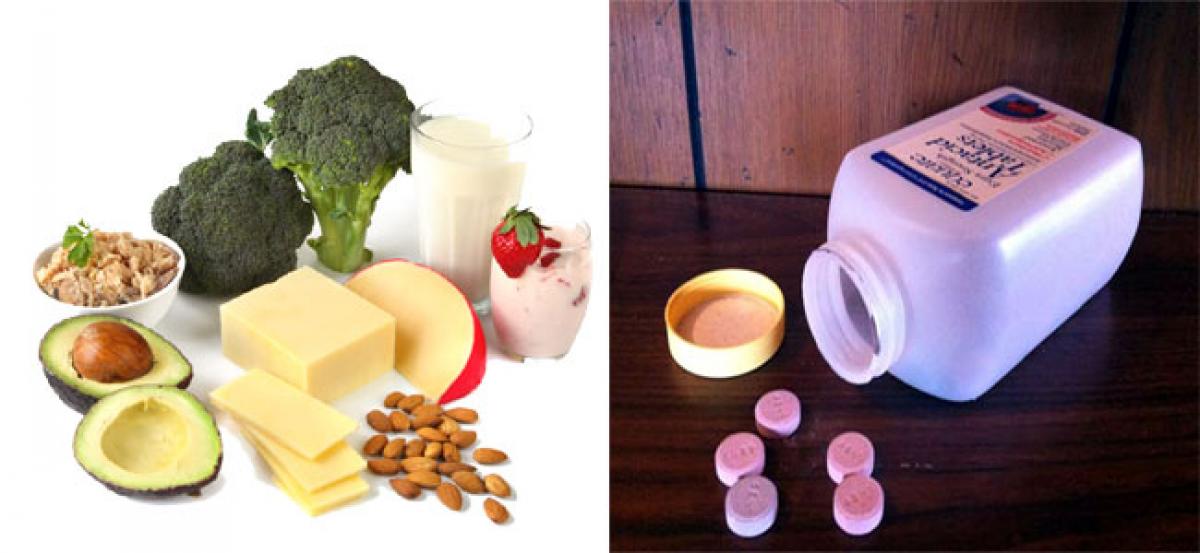Live
- Key Leaders of TDP and Janasena Join YSRCP in Narayanapuram
- Zomato introduces 'large order fleet' for gatherings of up to 50 people
- TDP MLA Candidate Kandikunta Venkataprasad intensify Up Election Campaign in Kadiri Constituency
- Digvijaya Singh files nomination from MP's Rajgarh LS seat
- Congress trying to save Indian Constitution: Rahul Gandhi in Kerala roadshow
- NDA Candidate Promises Development for Handloom Workers in Rayalaseema Constituency
- TDP Leaders Discuss Strategies with BC Affiliates for Upcoming Elections
- Madras HC dismisses petition challenging BJP candidate's nomination
- Oversight Board to check how Meta looks at explicit AI images of females
- BJP fields Udayanraje Bhosale from Satara seat to take on NCP SP nominee Shashikant Shinde









